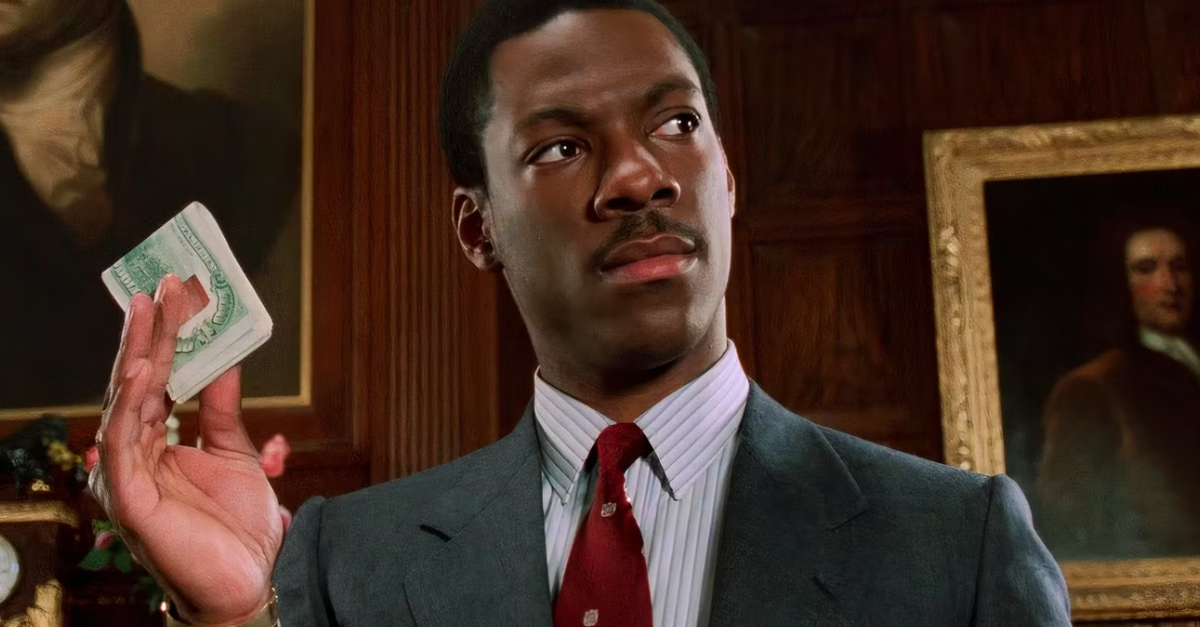
The Impacts Of The Financial Sector On Global Climate Change
The Impacts Of The Financial Sector On Global Climate Change
The fossil fuel industry is arguably the main culprit behind the climate change crisis, but it's not the only category that's contributing to the problem. The financial sector, for example, has been making its own missteps with climate change, and they're frighteningly similar to the ones it made with the housing market during the financial crisis of 2008.
A new report titled Degrees of Risk reveals that the financial sector has been relying too heavily on 3°C and 4°C global heating models without taking into full consideration the seriousness of those scenarios. The National Centre for Climate Restoration says this approach is similar to the one the financial sector took 13 years ago when the housing market crashed—back then, it also relied on inordinately optimistic models which made it seem like a disaster could be averted.
According to the report, a global average warming of 4°C (covering land and ocean) would essentially mean a 6°C increase over land and an 8°C increase over the mid-latitudes. All in all, that would lead to a 10°C increase in the summer average, or 12°C in heatwaves.
 Shutterstock
Shutterstock
To put that into perspective, in places like western Sydney, which already reached highs of 48°C this year, adding 12°C would bring heatwaves of 60°C. At climate extremes like that, societies and economies would simply crumble. "Bank customers would be dead on the streets," the report said.
Ian Dunlop, the head of the Australian Coal Association who co-authored the report, says that prioritizing data collection over action could have catastrophic consequences. While analyzing models or conducting "stress tests" can provide an idea of what to expect, they are not conclusive, and thus heavy reliance on such should be avoided.
"Our point, quite simply, is you don’t use scenarios in these extreme situations where the costs are infinite and the economy is going to collapse. The implication is that you’re not going to have an economy," he added.
The moral of the story is that actions will speak louder; at least, at this point in time. Scenario analysis is useful, yes, but it should not take precedence over action, especially when time is running out.
READ MORE

Whether you're struggling to budget or are needing to start budgeting and are looking for a new approach, zero-based budgeting could be a different approach that will have you looking more honestly at your finances.

Any inheritance, although coming with a (sometimes) painful loss, is a great opportunity to invest your money into yourself in some way. Whether that's a vacation, a new home, or in your future. What if you inherited over a million dollars? Here are our suggestions for the unexpected multi-millionaire.

Groceries aren't getting any cheaper. But the way you shop could be quietly costing you more than it should. Ready to keep your cart full and your budget intact?

Whether you're clearing your grandma's house after she's passed on or simply decluttering, there are so many vintage items worth big bucks that most people just throw away. Do some research before discarding anything that may have some value. You could be throwing out thousands of dollars worth of vintage valuables.

If you've finally hit 65 or 70 and think this will be the year you'll retire, congratulations! But before you take that monumental step of giving up work for good, here's your must-do retirement checklist.

Nothing in the stock market is guaranteed. It's a gamble—and even the people that know the most and understand it the best often lose lots of money. But there is also the opportunity to make lots of money if you make the right choices/guesses/get lucky. Like if you'd bought any of the following stocks...
Disclaimer
The information on MoneyMade.com is intended to support financial literacy and should not be considered tax or legal advice. It is not meant to serve as a forecast, research report, or investment recommendation, nor should it be taken as an offer or solicitation to buy or sell any securities or adopt any particular investment strategy. All financial, tax, and legal decisions should be made with the help of a qualified professional. We do not guarantee the accuracy, timeliness, or outcomes associated with the use of this content.
Dear reader,
It’s true what they say: money makes the world go round. In order to succeed in this life, you need to have a good grasp of key financial concepts. That’s where Moneymade comes in. Our mission is to provide you with the best financial advice and information to help you navigate this ever-changing world. Sometimes, generating wealth just requires common sense. Don’t max out your credit card if you can’t afford the interest payments. Don’t overspend on Christmas shopping. When ordering gifts on Amazon, make sure you factor in taxes and shipping costs. If you need a new car, consider a model that’s easy to repair instead of an expensive BMW or Mercedes. Sometimes you dream vacation to Hawaii or the Bahamas just isn’t in the budget, but there may be more affordable all-inclusive hotels if you know where to look.
Looking for a new home? Make sure you get a mortgage rate that works for you. That means understanding the difference between fixed and variable interest rates. Whether you’re looking to learn how to make money, save money, or invest your money, our well-researched and insightful content will set you on the path to financial success. Passionate about mortgage rates, real estate, investing, saving, or anything money-related? Looking to learn how to generate wealth? Improve your life today with Moneymade. If you have any feedback for the MoneyMade team, please reach out to [email protected]. Thanks for your help!
Warmest regards,
The Moneymade team








